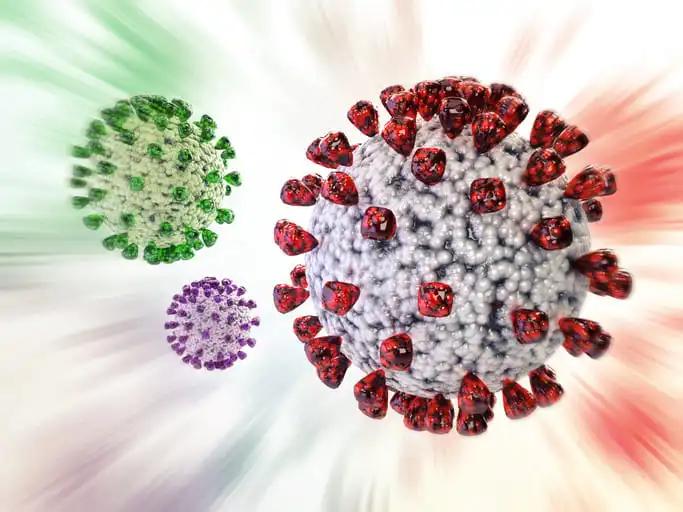KEY TAKEAWAYS
- The Phase 2 & 3 trials aimed to assess the impact of pembrolizumab with NCRT on postoperative AL in patients with ESCC.
- Researchers noticed no difference in AL rates between NCRT with or without pembrolizumab and developed early AL prediction nomograms.
Wei-Xiang Qi and the team aimed to compare the postoperative anastomotic leakage (AL) rate between neoadjuvant chemoradiotherapy (NCRT) with pembrolizumab and NCRT alone in locally advanced esophageal squamous cell carcinoma (ESCC). Additionally, they investigated the risk factors associated with developing AL.
They conducted a comprehensive analysis by outlining the GF on pretreatment planning CT scans and retrospectively calculating dosimetric parameters. They used univariate and multivariate logistic regression to identify independent risk factors for the entire patient cohort. A nomogram was then developed to predict the risk of postoperative AL.
Data on surgical procedures, neoadjuvant therapy, and potential confounding factors (including sex, age, body mass index, medical history, smoking status, alcohol use, tumor location, radiotherapy modality, anastomosis site, and clinical TNM stage) were manually extracted from patient records.
About 160 patients with ESCC were included in the analysis. Of these, 112 were treated with NCRT plus pembrolizumab and 44 with NCRT alone. And 17 patients (10.6%) experienced postoperative AL, with a rate of 10.7% (12/112) in the NCRT with pembrolizumab group and 11.4% (5/44) in the NCRT group.
For the entire cohort, mean, D50, Dmax, V5, V10, and V20 GF doses were significantly higher in patients with AL (all P < 0.05). Multivariate logistic regression analysis identified tumor length (P = 0.012), volume of GF (P = 0.003), and mean dose of GF (P = 0.007) as independent predictors of postoperative AL. Receiver operating characteristics analysis established the mean dose limit on the GF as 14 Gy.
The study concluded that there was no significant difference in the development of AL between the NCRT with pembrolizumab group and the NCRT group. Individualized nomograms were established based on mean GF dose and clinical indicators to predict AL in the early postoperative period.
This study was funded by the Shanghai Sailing Program (No. 21YF1427700), the National Science Foundation of China (No. 82102819), Beijing Science and Technology Innovation Medical Development Foundation (grant number KC2021-JX-0170-9), Clinical Research Special Project of Shanghai Municipal Health Commission Health Industry (202340226), Shanghai Science and Technology Innovation Action Plan Medical Innovation Research Project (23Y11904700) and Shanghai Key Laboratory of Proton-therapy (23dz2261000). It is sponsored by the Ruijin Hospital, Hecheng Li M.D., Ph.D.
Source: https://pubmed.ncbi.nlm.nih.gov/39164624/
Clinical Trials: https://clinicaltrials.gov/study/NCT04435197
https://clinicaltrials.gov/study/NCT04513418
https://clinicaltrials.gov/study/NCT03990532
Qi WX, Li S, Li H, et al. (2024). “The addition of pembrolizumab to neoadjuvant chemoradiotherapy did not increase the risk of developing postoperative anastomotic leakage for ESCC: an analysis from a prospective cohort.” BMC Cancer. 2024;24(1):1029. Published 2024 Aug 20. doi:10.1186/s12885-024-12774-w



